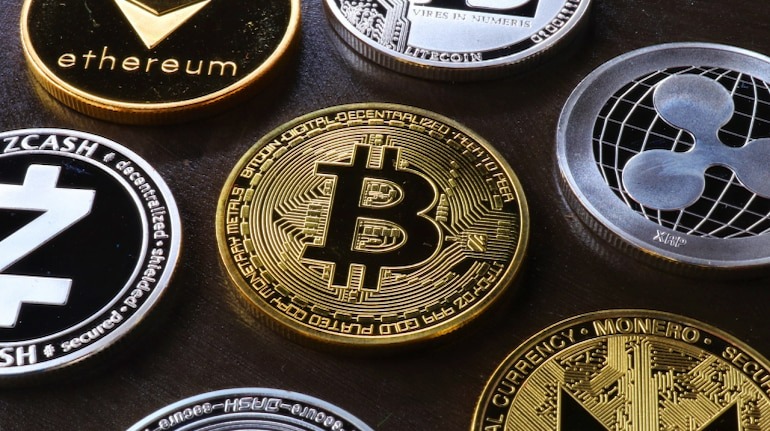
The term Japanisation is related to the economy of Japan. The term can be explained in the following way.
Japan went through a period of very rapid growth and technological expansion from the 1980s. Japanese politicians and industrial leaders confidently predicted a period of Japanese supremacy. But then, two things happened that dramatically altered the geopolitical situation.
First, the Japanese population started to taper off around 1995, reaching a peak in 2005 and started its steady decline after that. Secondly, the US, as the largest market for Japan at that time, started to oppose Japanese goods as it is doing today with China. Japan never really recovered its momentum after these two shocks.
Of these, the demographic shock was more consequential or severe. Rapid economic growth requires rapid expansion of both labour and capital, which are two wheels of economic progress. Japan had the capital, but it lacked young skilled human resources as the population was declining steadily from 2005 onwards. So, demands for goods domestically as well as internationally, particularly from the USA, started to decline.
This led to a decline in economic activity. The decline in economic activity led to high unemployment. So, Japan entered into a phase of stagnation and deflation. To overcome this situation, the Bank of Japan reduced interest rates near to zero. The interest rates near to zero led to quantitative easing i.e., printing currencies.
To conclude, the term Japanisation is used by economists to describe long-term stagnation, high unemployment, interest rate near to zero, and ageing population.


